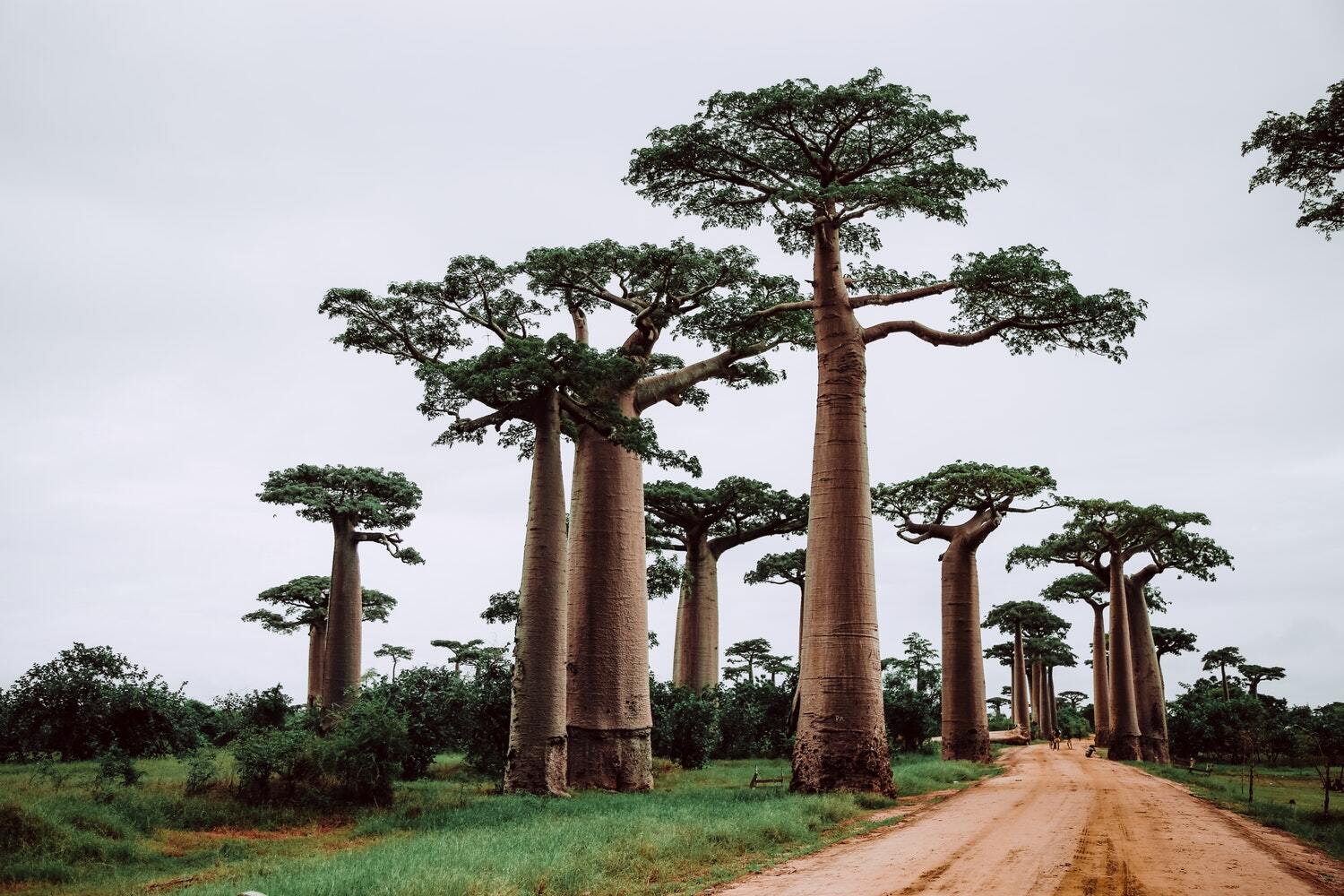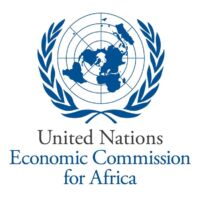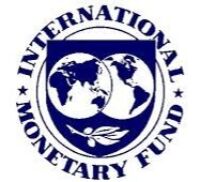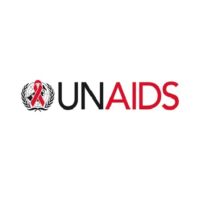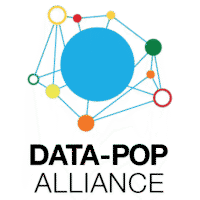This regional section dedicated to the African region and the specific needs of this region’s countries. The African continent has received a special recognition in the 2030 Agenda and is home to the fastest growing population in the world with a significant portion of young people. African countries have also emphasized the importance of their regional framework Agenda 2063 in addition to implementing the SDGs. The Regional Commission UN ECA operating in this region has the mandate to operate at the regional and subregional levels to harness resources and bring them to bear on Africa's priorities. Its core functions include:
The contribution by ECA to the task of carrying forward the 2030 Agenda and Agenda 2063 is centred on the Commission’s three core functions, namely, its convening function, its function as a think tank and its operational function, as articulated below:
- Convening function:
Providing dedicated regional intergovernmental and multi-stakeholder platforms with strong ownership by member States, regional bodies and development banks that result in agreed development policy frameworks, standards and action plans that reinforce multilateralism at the regional and subregional levels; - Think-tank function:
Conducting multisectoral research and analysis that nurture the integration of the three pillars of sustainable development, and promote peer learning, innovative thinking and the advocacy of public policies while fostering intersectoral linkages and synergies; - Operational function:
Provision of policy advice at the country level through direct demand-based support to member States in areas related to its normative and analytical work and in collaboration with the United Nations system at the country level.

